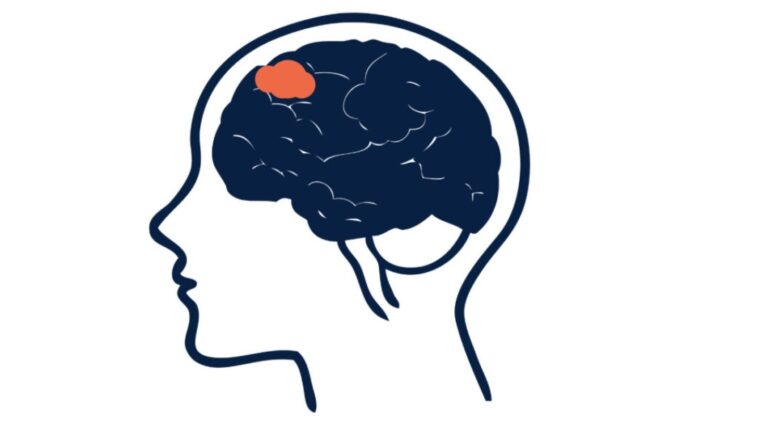Were you recently in a car accident? Are you wondering “How can a car accident cause cognitive changes?” This happens on both a temporary and permanent basis.
If you have recently been in a car accident, you might be wondering if the accident caused you to experience any changes in your cognitive abilities. Today, we are going to take a look at some common causes of cognitive changes after a car accident and how you can try to slow down the negative effects of your accident.
Keep reading to learn everything there is to know about car accident brain injuries.
Physical Trauma
Auto accidents can cause physical traumas that in turn can cause cognitive changes. Physical trauma that can result from a car accident can include the following:
- Head trauma
- Whiplash
- Broken bones
- Fractured bones
These traumas can affect the brain, particularly the frontal lobe which processes information. Cognitive changes due to physical trauma can include emotional changes, difficulty with attention and concentration, changes in memory, problems with problem-solving, and changes in speech.
Concussions
A concussion, also known as a mild traumatic brain injury, is caused when the head is hit by an object. The sudden motion disrupts brain activity and causes a variety of cognitive and motor changes. The most common cognitive changes following a car accident and concussion include the following:
- Confusion
- Impaired judgment
- Memory loss
- Slowed information processing
- Vision problems
- Decision-making abilities
These can cause significant changes in a person’s daily life. It is important to be aware of the potential cognitive side effects of a car accident. You can read some articles on how pain and suffering are calculated and learn what treatments are to be done by professionals.

Emotional and Psychological Impact
The victims of the accident are faced with grief, confusion, blame, and an array of other emotions. The cognitive changes associated with car accidents are far more than psychological. Memory problems, decreased processing speed, impaired reaction time, and decreased ability to multitask are all cognitive changes that can be caused by a car accident.
These challenges can affect a survivor’s ability to process information, make decisions, focus on tasks, and even manage emotions. It often takes time to recover from the cognitive changes brought on by a car accident.
Some affected individuals may never be able to return to their previous levels of functioning. The psychological and emotional healing that follows a car accident can take just as long.
Post-Accident Syndrome
People who experience a car accident may suffer from cognitive impairments, such as car accident memory loss, learning difficulties, and concentration problems. According to the American Psychological Association (APA), the most common cognitive changes include difficulty concentrating, poor decision-making, difficulty learning new information, and memory loss.
The severity of cognitive changes depends largely on the severity of the car accident itself. Some of the damage to the brain can take months or even years to show up.
Here’s How a Car Accident Causes Cognitive Changes
Car accident survivors could have subtle cognitive changes and should consider a consultation with a neuropsychologist or other medical professional. Regular check-ups after an accident can help identify and manage cognitive changes.
If you or someone you know has been involved in a car accident, seek medical attention immediately!
Did you enjoy reading this article? Browse our page for more interesting and helpful topics.
